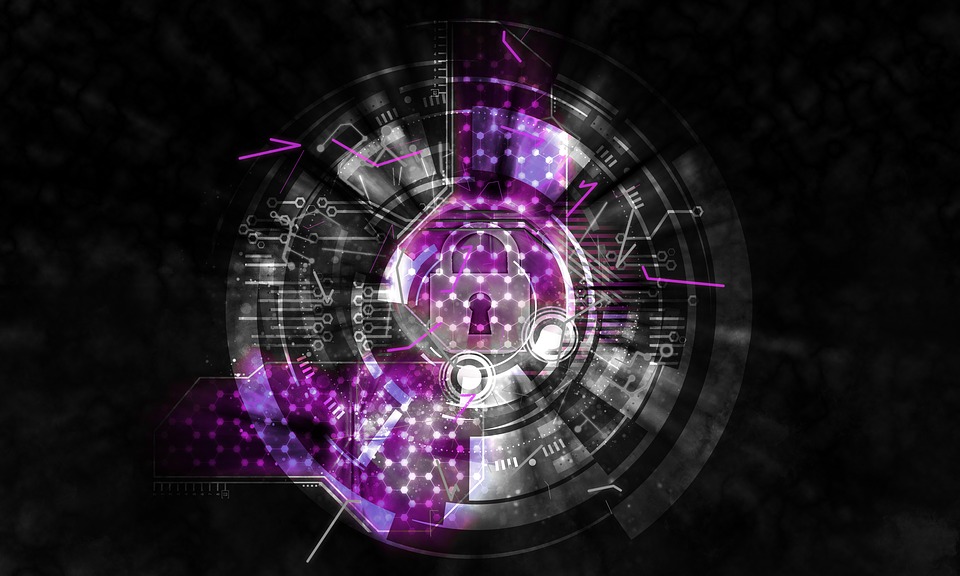
The world has changed profoundly in the past decade, bringing with it new innovations and technological breakthroughs. Google had just bought Android (News - Alert). Most of the world was connected through 3G. And most social media were accessed through bulky personal computers and laptops.
But today, we now live in an era where tech has broken more boundaries than ever, and new advancements are emerging daily. However, with such progress also comes new, unpredictable problems. With that in mind, here are five cybersecurity problems that the new internet age has brought forward.
International Scammers
It’s a lot more difficult to recover stolen money if the hacker or scammer is operating from a foreign location, which makes international scammers all the more dangerous. These hackers could even be commissioned to obtain sensitive information about you by their country’s government.
Scams have now grown from the classic “Nigerian Prince” tactic, where the scammer would impersonate a prince from Nigeria asking you for money to help him get back to his home country. In return, he would promise you handsome rewards once he’s safely back home. That reward, obviously, would never come.
Nowadays, scammers have even better ways of social engineering. A love scam is a prime example. It uses another person’s feelings to force them into giving away their personal information. For instance, a “lover” may ask to send them a picture of their IDs so they could send them a “gift”. Furthermore, online dating makes this all the easier than ever before.
Advanced Phishing and Ransomware
Getting sensitive information scammed out of you has always been an issue, even before the dawn of the internet age, but the recent climate has served to intensify this. In a phishing scam, the attackers create an application that resembles another popular application with hopes of gaining your login credentials, payment information, or other sensitive data.
On the other hand, ransomware is similar to phishing, as an attempt to obtain sensitive information. This is a type of malware disguised as a sophisticated application that limits the way you can use your computer. One way to help minimize the risk of being a victim of a phishing scam is to never click untrusted links in your email.
If possible, make good use of OTPs (or “one-time passwords). If it did happen that you entered your information into a phishing page or app, you would realize it right away and have enough time to change your password before the perpetrator does.
An Increase in Dependence on Online Systems
So what does this all have to do with everything? With the spread of the COVID-19 pandemic, more and more people have been working in their homes. All of their conversations with their friends, lovers, and colleagues are saved in small bits and bytes, passed through the air, and at the mercy of anyone intercepting them in the way between.
We can’t do anything about the people listening in and sending fake emails. But we can keep them from understanding what they intercept, and our own systems can detect their fake emails. An encryption standard, called DomainKeys Identified Mail (or DKIM email) ensures that your system will always know if an email has been tampered with on its way to you.
Connected Smart Tech
We’re all dependent on technology, so much so that even regular appliances have now been upgraded so that they’re connected to the internet, as well as the manufacturer’s intranet. While this newfound connectivity is a helpful tool, it also poses some serious risks, especially to your personal data and privacy.
While this won’t affect your wireless alarms and lightings much, you should still be careful about where you place your other things. For instance, a wireless camera can send you a good look at your warehouse employees.
But if someone were to hack into your system during a meeting, that could release sensitive information to your own business rivals. The only way to prevent this is through proper and careful planning.
Crime Actually Paying
As the internet infiltrates into our everyday lives, information tends to get stored in one place where anyone who has access to it would have access to everything. From your credit information to your company access codes, it’s all in there for the taking. Your smartphone has everything a malicious hacker needs to cause some serious damage.
On the other hand, even Android’s security is tight enough to resist most hacking techniques. So how does this contribute to being a cybersecurity risk? Simple. It encourages more hackers to engage themselves in cyber theft. Most hackers are after the big companies. Therefore, they can get more money from hacking the very company you work for, through you.
It pays for them to get whatever information they can squeeze out of you. Even your contact list can earn them a pretty penny, depending on who’s on your list. And then, they would sell this to people who buy them en masse. Among those people could be your own company’s rivals.
We all have ways to deal with these issues, but unfortunately, we may face more moving forward -- worse problems that could bring greater disaster than just simple ransomware. Ideally, we can develop better ways to deal with them to help us stay one step ahead. Until then, though, it’s best to continue to navigate the world wide web wisely.
